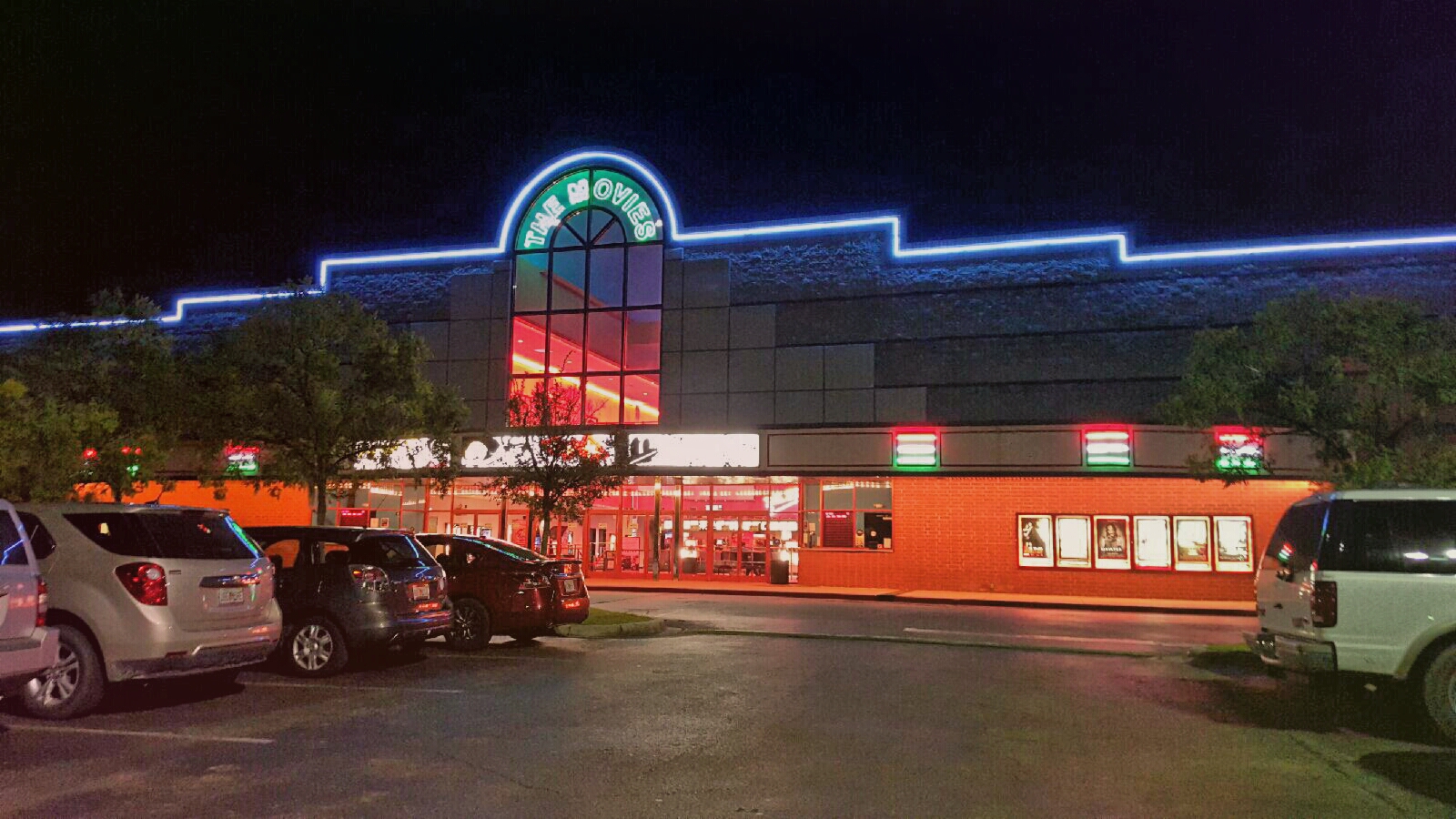Oops! No Results? Fix & Find: Search Tips
Is the digital echo chamber fracturing our ability to find truth? The incessant refrain of "We did not find results for:" has become a defining soundtrack of our times, a stark reminder of the limitations of our search engines and, perhaps, the limitations of our own perspectives.
The relentless parade of "Check spelling or type a new query" that follows is more than just a technical prompt; it's an invitation to introspection. It forces us to confront the possibility that our understanding is incomplete, our questions poorly formed, or, more subtly, that the information we seek is being deliberately hidden. This cycle, repeated ad nauseam, reveals a profound truth about the modern information landscape: it's a fractured, fragmented, and often frustrating experience. The persistent lack of results points not only to the limitations of algorithms but also to the inherent biases that shape the information we access. The digital world, once envisioned as a boundless repository of knowledge, often mirrors the narrowness of our own assumptions, reinforcing existing beliefs and making it increasingly difficult to encounter challenging viewpoints.
| Category | Details |
|---|---|
| Core Issue | The recurring response: "We did not find results for:," coupled with the prompt "Check spelling or type a new query." |
| Contextual Impact | Highlights the limitations of search engines, potential biases in information retrieval, and the challenges of navigating a fragmented information landscape. |
| Psychological Effect | Induces a sense of frustration, reinforces existing beliefs, and potentially limits exposure to diverse perspectives. |
| Technological Implication | Underscores the fallibility of algorithms and the potential for information to be deliberately hidden or manipulated. Suggests issues with spelling or query formulation are often the root cause of search failures. |
| Societal Relevance | Raises questions about the nature of truth, the role of information in shaping public discourse, and the increasing difficulty of encountering challenging viewpoints. |
| Underlying Themes | Limited search capabilities and biases in algorithms. The increasing prevalence of echo chambers online. The potential for censorship or information control. The importance of critical thinking and verification. |
| Frequency of Occurrence | Observed as a repeated sequence in the source material. |
| Potential Solutions | Encouraging diverse search methods. Teaching critical thinking and media literacy. Promoting transparency in algorithm design. |
The repeated failures of search, the consistent void where information should reside, is a symptom of a larger crisis of credibility. It's a stark reminder that the tools we use to navigate the digital world are not neutral arbiters of truth. Search algorithms, while incredibly sophisticated, are ultimately designed by humans, and those humans, consciously or unconsciously, bring their own biases, assumptions, and agendas to the process. These biases, which can range from simple preferences in design to the deliberate manipulation of information, can dramatically affect what we see, what we believe, and how we interact with the world. The "Check spelling or type a new query" message is a subtle form of gatekeeping, a reminder that even in the age of instant information, access is never truly equal.
Consider the implications: If search results consistently fail to deliver pertinent information, the user may begin to doubt their own abilities. The implied suggestion to "Check spelling" implicitly places the fault on the user. This can create a cycle of self-doubt and a reliance on the same limited search strategies. This cycle makes critical thinking more difficult. Information gaps, created by poorly functioning search tools or deliberate manipulation, can be filled with misinformation. A lack of information can also be used to control the narrative, as the public relies on unreliable data. This can limit our exposure to varying viewpoints and make it much more challenging to form educated opinions on complex subjects.
The very structure of search engines can also create echo chambers. Algorithms are often designed to personalize results based on prior searches, location, and browsing history. While this personalization can be useful, it also means that users are increasingly likely to encounter information that confirms their existing beliefs, reinforcing their perspectives and shutting out dissenting voices. This can have a dangerous effect on public discourse and on the understanding of different concepts. The "We did not find results for:" moment, therefore, can be viewed as a symbol of the challenges of finding objective information in the digital age.
The proliferation of misinformation and disinformation is also exacerbated by the limitations of search. Bad actors are adept at manipulating search results to promote false narratives or to discredit opposing viewpoints. This can involve a variety of techniques, from simple keyword stuffing to the creation of sophisticated "deep fakes" or the widespread use of automated "bots" designed to spread disinformation. Because the user has no guarantee of the accuracy of the information, the "Check spelling or type a new query" message often serves as a barrier to understanding true information.
The challenge of distinguishing authentic information from falsehoods in the digital world necessitates a re-evaluation of how we consume and evaluate information. Critical thinking, the ability to assess information objectively and identify biases, is more crucial than ever. Media literacy, which helps individuals understand the nature of media and how it shapes our perceptions, is essential. A multi-pronged strategy, comprising these methods along with the development of transparent and unbiased search algorithms, will be necessary to effectively address the difficulties posed by the modern information landscape.
The concept of "truth" itself is evolving in the age of information overload. The traditional gatekeepers of truth, such as established media outlets and academic institutions, are facing increased scrutiny, and often criticism, from a public that is increasingly skeptical of authority. The rise of social media and other platforms has empowered individuals to create and disseminate their own narratives, creating a much more fragmented and contested space for the expression of truth. The "We did not find results for:" message can be viewed as an indicator of this fragmentation, revealing the challenges of finding a consensus and objective information in a world where the very foundations of truth are increasingly subject to debate.
The responsibility for navigating this complicated information landscape falls upon all of us. Each individual must cultivate the skills of critical thinking and media literacy. We must embrace the inherent limitations of search engines and the importance of verifying information from multiple sources. The "Check spelling or type a new query" message becomes a call to action, prompting us to reflect on the accuracy of our inquiries and, if needed, to revise our search strategies or seek help from an expert. The challenges, however, also offer opportunities. With an informed and engaged public, we can help rebuild trust and foster more open and productive conversations about critical issues. Such discourse will enable informed decisions and encourage positive changes in the future.
The repeated experience of receiving "We did not find results for:" has also altered the relationship between individuals and technology. As search engines become the primary portals for information, the frustration of encountering failure reinforces the reliance on technology. Dependence on technology, with its algorithms and pre-packaged information, can lead to complacency. By failing to engage with alternative sources, critical thinking suffers. Furthermore, dependence on tools designed by others can create a sense of powerlessness and a lack of control over the information that shapes our understanding of the world. This can lead to a sense of dependence on the very tools that often fail to deliver the answers we seek.
Addressing these issues requires a multi-faceted approach. Developers of search engine algorithms need to prioritize transparency and incorporate measures to mitigate bias. Critical thinking must be integrated into education. Individuals should be encouraged to diversify their information sources and to actively seek out varied viewpoints. The repeated appearance of "We did not find results for:" can serve as a prompt to reflect on these larger challenges and to take concrete steps toward building a more informed and engaged citizenry.
The future of information access is uncertain, but the challenges are clear. The ongoing issues with search, the ever-present threat of misinformation, and the increasing fragmentation of public discourse pose significant obstacles to building a more informed and just society. However, the persistent failures of search engines, the moments of frustration and doubt, can be catalysts for change. As we grapple with the limitations of technology and the complexities of the information landscape, we have the opportunity to cultivate more discerning and informed minds. We have the opportunity to promote critical thinking, media literacy, and a more proactive approach to information consumption. The repeated encounter with the disappointing "We did not find results for:" should be the beginning, not the end, of the search for knowledge and understanding.
The message, though seemingly straightforward, represents a larger phenomenon: the complexities inherent in the digital age, from algorithm design to the human capacity for error and deception. The message, "Check spelling or type a new query" does not simply ask the user to fix a typo or rephrase their query. It serves as a reminder that the answers are not always readily available, that information is rarely neutral, and that the pursuit of knowledge in the 21st century demands vigilance, critical thinking, and a commitment to truth. It's a call to be more skeptical, more analytical, and more aware of the biases that shape our experience of the world.
The implications for society are significant. If we cannot trust the tools we use to find information, how can we make informed decisions about complex issues? How can we hold those in power accountable if we are unable to verify the information that we are presented with? How can we build consensus in a world where everyone has access to their own curated reality? These are not abstract questions. These are the questions that must be addressed if we are to maintain a functioning democracy and a just society. To the extent that search engines are integral to our ability to navigate information and gain knowledge, the prompt, "We did not find results for:," is a microcosm of the many hurdles that must be cleared to promote open information.
The responsibility for addressing these issues, from improving search algorithms to promoting critical thinking, rests with a variety of stakeholders. Search engine developers need to create algorithms that are more transparent, that actively mitigate bias, and that are designed to provide diverse and accurate information. Educators must integrate critical thinking and media literacy into the curriculum. Government and regulatory agencies must take steps to combat the spread of misinformation and disinformation. And, most importantly, we, as individuals, must take responsibility for our own information consumption. This means checking multiple sources, seeking out diverse perspectives, and developing the critical thinking skills necessary to evaluate the accuracy of information. The repeated failures of search remind us of the ongoing effort to cultivate a more informed public.
The experience of encountering "We did not find results for:" is a shared one. It serves as a reminder that we are not alone in facing these challenges. As we each struggle to navigate the complexities of the modern information landscape, we can find solace in knowing that we are part of a larger community of people who are also seeking truth and understanding. This shared experience should also serve as a catalyst for collaboration. We need to work together to create a more robust, resilient, and reliable information ecosystem. This ecosystem should be guided by the pursuit of verifiable facts. The challenges are great, but the rewards a more informed citizenry, a more just society, and a more accurate understanding of the world are worth the effort. The Check spelling or type a new query should therefore be seen as an invitation to pursue these objectives.


